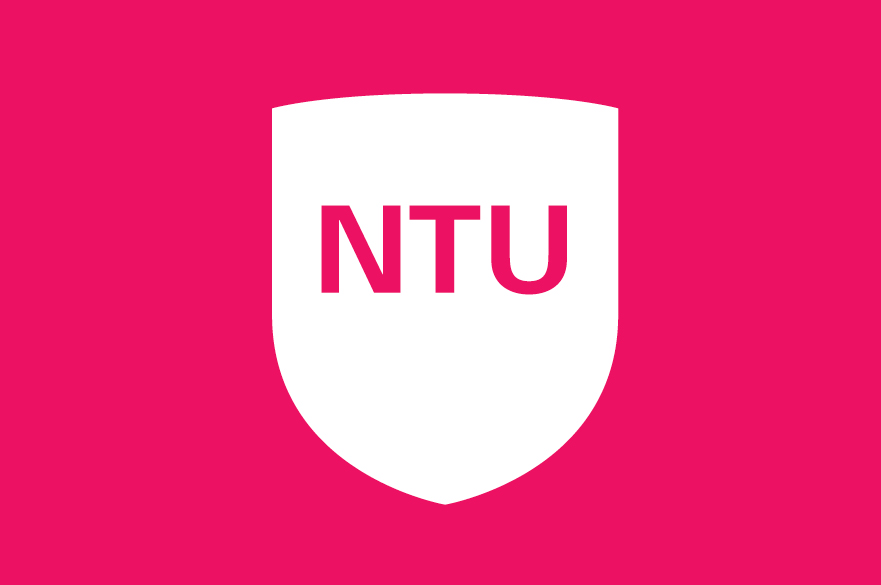Overview
Molecular Framework Materials (MFMs) are of strong interest worldwide due to their porosity, crystallinity and chemical functionalizability / tunability making them appealing for a broad range of applications. Computational chemistry and Machine Learning increasingly underlies MFM research to search or screen candidate MFMs prior to synthesis.
A major drawback when applying computational chemistry to MFMs is that, even for "rigid" MFMs, especially when functionalized, their structures are disordered due to the random orientation of linkers. Such structural disorder and flexibility are well-known in crystallography, but less in computational chemistry, where a distinct structure is required to undertake a calculation. This problem has largely been ignored, and researchers have chosen a single “representative” MFM
structure, ignoring positional disorder which makes the calculation feasible but at the cost of ignoring the local structure. This is problematic, as the local structure has strong effects on guest binding, diffusion and even the dynamic behaviour of the entire MFM.
In this project, funded by the Leverhulme Trust, we will develop a machine learning platform to describe the the effects of isomerization on adsorption and diffusion in porous Molecular Framework Materials (e.g. MOFs, COFs, ZIFs, MOPs...).
The project extends from our initial work on developing descriptors for isomerization in MOFs: https://doi.org/10.1039/D3QI01065A
Working with a PDRA on the same project, you will be responsible for calculating Potential Energy Surfaces of a variety of adsorbate molecules in porous MFMs in order to determine the effect of local structure (isomerism) on the global properties of the MFM.
Staff profiles
Entry qualifications
Minimum 2:1 Honours degree in Chemistry/Physics/Mathematics or a related discipline.
Python experience is advantageous.
How to apply
Follow this link to apply, applications close Tuesday 24 June 2025.
Fees and funding
This is a funded project for UK students, funded by Leverhulme Trust.
Guidance and support
Find out about our Doctoral School and research community.
